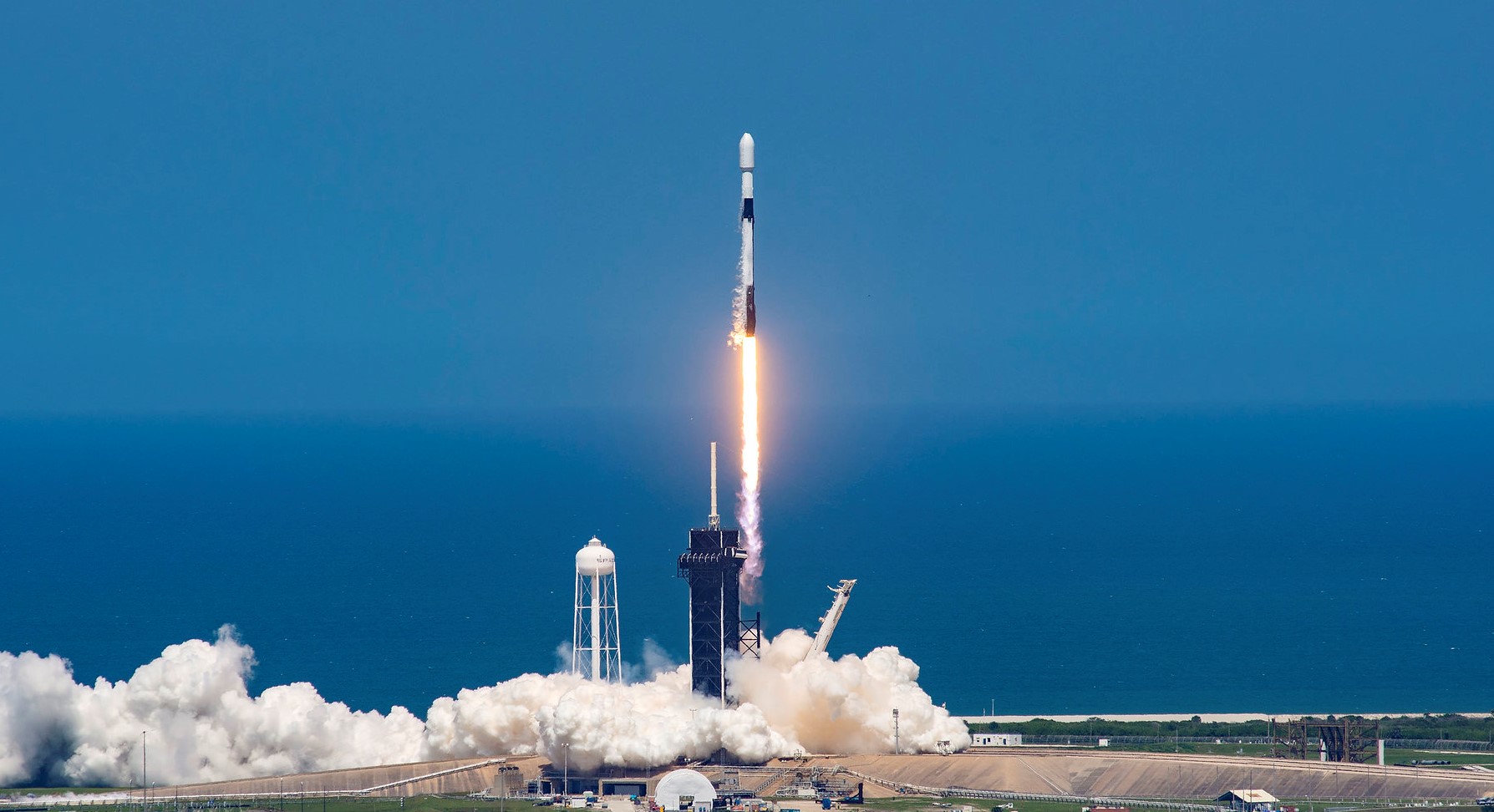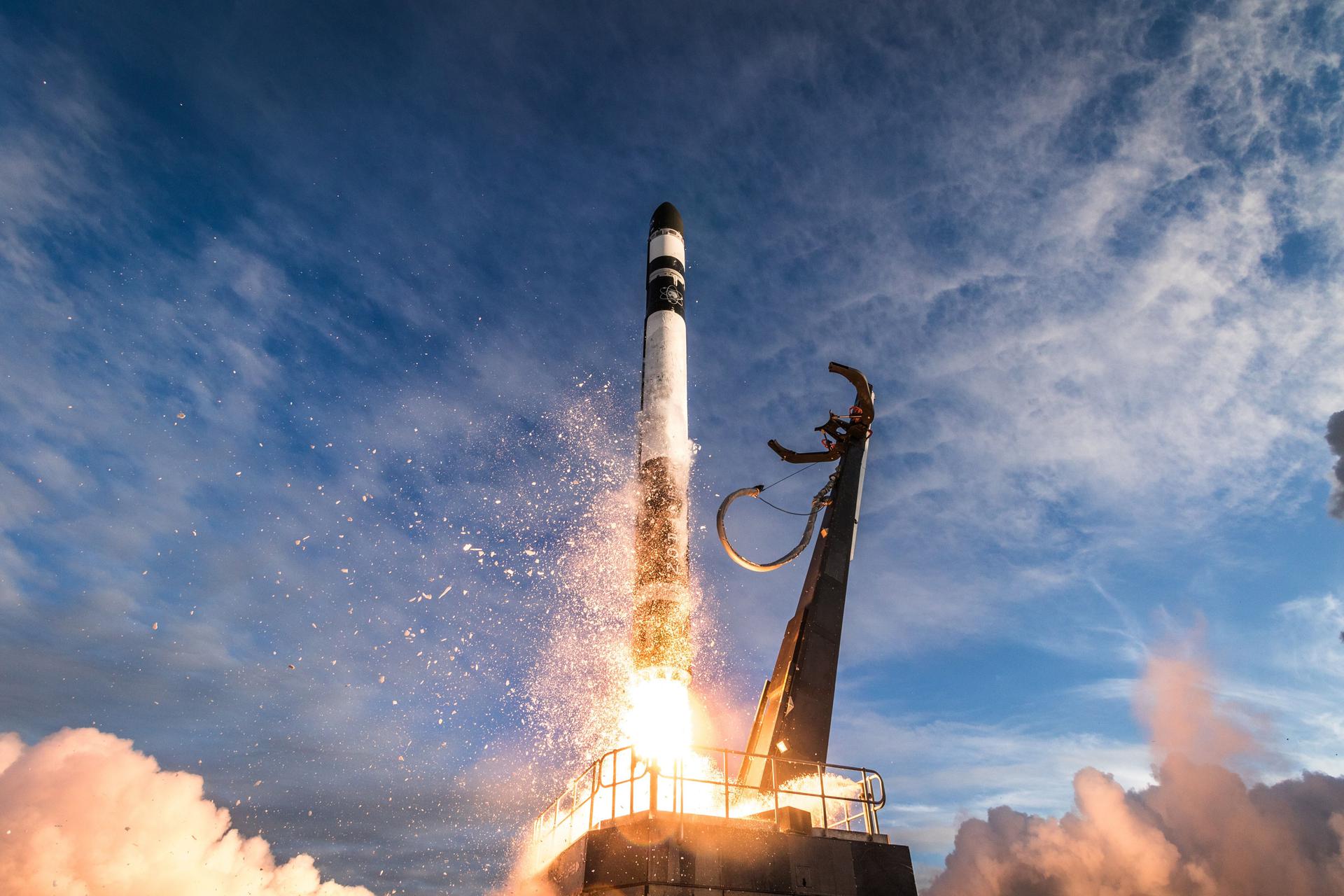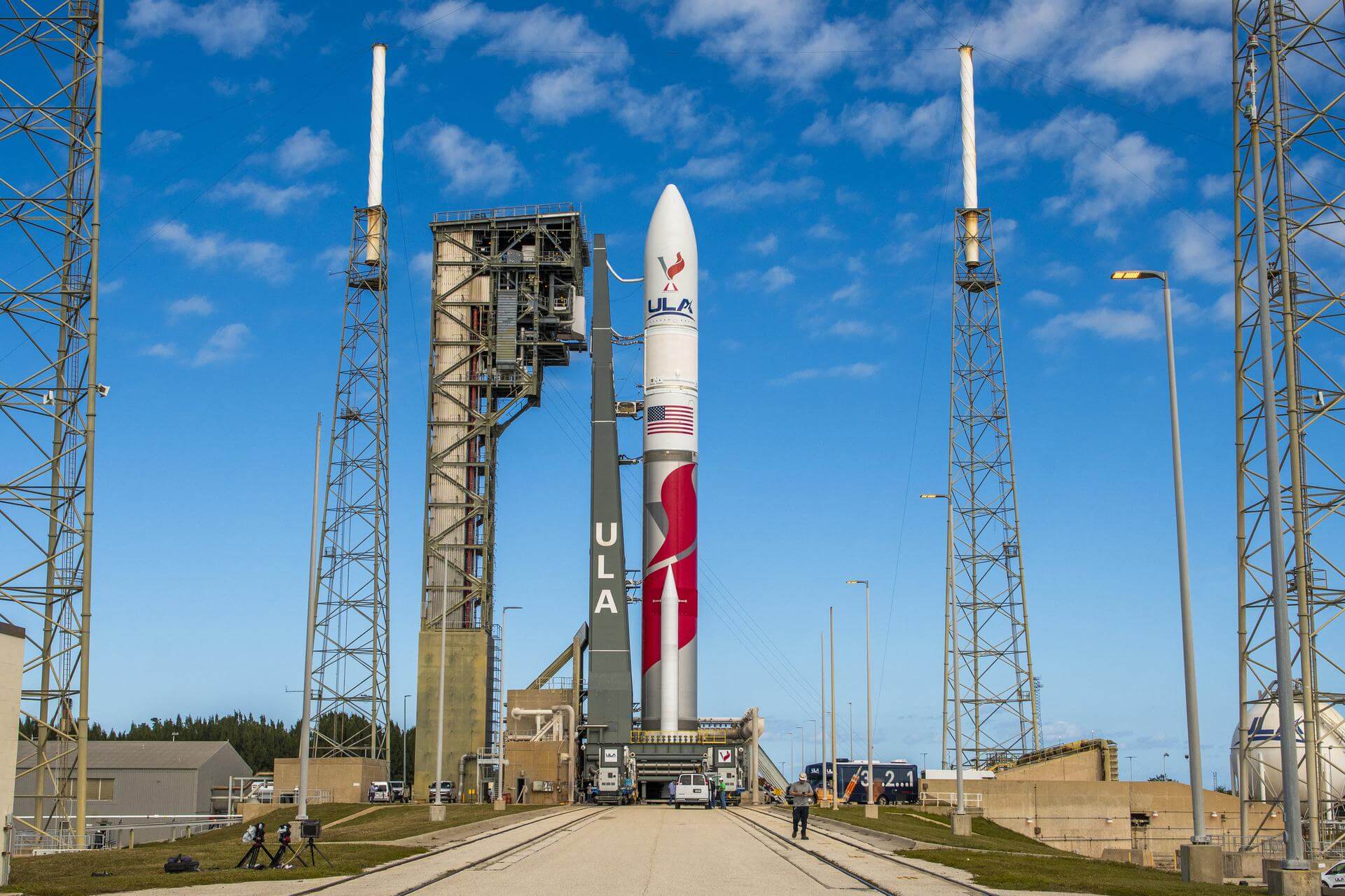Space launches
Filters
Mission type: Astrophysics | Communications | Dedicated Rideshare | Earth Science | Government/Top Secret | Human Exploration | Lunar Exploration | Mission Extension | Navigation | Planetary Science | Resupply | Technology | Test Flight | Unknown
Vehicle: Ariane 62 | Ariane 64 | Ariane 64 Block 2 | Atlas V N22 | Electron | Falcon 9 Block 5 | Falcon Heavy | Firefly Alpha | Firefly Alpha Block 2 | Gaganyaan Abort Test Booster | GSLV Mk. II | H3-24 | H3-30 | HANBIT-Nano | Kii-based Advanced & Instant ROcket System | Kinetica 2 | KSLV-2 Nuri | Long March 12B | Long March 2F/G | Long March 7A | Minotaur IV | Neutron | New Glenn | Pegasus XL | Proton-M Blok DM-03 | PSLV | PSLV XL | Smart Dragon 3 | Soyuz 2.1a | Soyuz 2.1a Fregat-M | Soyuz-5 | Space Launch System Block 1 | Spectrum | Starship V3 | Themis Demonstrator | Tianlong-3 | Vega-C | Vikram-I | Vulcan | Vulcan VC4S | Vulcan VC6L
Orbit: 🗙 Elliptical Orbit | Geostationary Orbit | Geostationary Transfer Orbit | Low Earth Orbit | Lunar Orbit | Lunar flyby | Mars Orbit | Medium Earth Orbit | Polar Orbit | Suborbital | Sun-Earth L2 | Sun-Synchronous Orbit | Unknown
Month

Tranche 1 Transport Layer A is one of six missions by the United States Space Force Space Development Agency (SDA) for the Proliferated Warfighter Space Architecture (PWSA) Tranche 1 Transport Layer constellation, which will provide assured, resilient, low-latency military data and connectivity worldwide to the full range of warfighter platforms from Low Earth Orbit satellites.
The constellation will be interconnected with Optical Inter-Satellite Links (OISLs) which have significantly increased performance over existing radio frequency crosslinks. It is expected to operate over Ka band, have stereo coverage and be dynamically networked for simpler hand-offs, greater bandwidth and fault tolerance.
This launch carries 21 satellites manufactured by Northrop Grumman.
Quarter 1

The European Space Agency (ESA)'s LEO-PNT (Low Earth Orbit Positioning, Navigation and Timing) demonstrator mission will feature a 10-satellite constellation demonstration mission that will assess how a low Earth orbit fleet of satellites can work in combination with the Galileo and EGNOS constellations in higher orbits that provide Europe’s own global navigation system.
This launch will lift 2 “Pathfinder A” satellites built by Thales Alenia Space and GMV to a 510 km altitude Low Earth Orbit.
Quarter 1

Tranche 1 Transport Layer D is one of six missions by the United States Space Force Space Development Agency (SDA) for the Proliferated Warfighter Space Architecture (PWSA) Tranche 1 Transport Layer constellation, which will provide assured, resilient, low-latency military data and connectivity worldwide to the full range of warfighter platforms from Low Earth Orbit satellites.
The constellation will be interconnected with Optical Inter-Satellite Links (OISLs) which have significantly increased performance over existing radio frequency crosslinks. It is expected to operate over Ka band, have stereo coverage and be dynamically networked for simpler hand-offs, greater bandwidth and fault tolerance.
Quarter 1

Tranche 1 Transport Layer E is one of six missions by the United States Space Force Space Development Agency (SDA) for the Proliferated Warfighter Space Architecture (PWSA) Tranche 1 Transport Layer constellation, which will provide assured, resilient, low-latency military data and connectivity worldwide to the full range of warfighter platforms from Low Earth Orbit satellites.
The constellation will be interconnected with Optical Inter-Satellite Links (OISLs) which have significantly increased performance over existing radio frequency crosslinks. It is expected to operate over Ka band, have stereo coverage and be dynamically networked for simpler hand-offs, greater bandwidth and fault tolerance.
Quarter 1

Tranche 1 Transport Layer F is one of six missions by the United States Space Force Space Development Agency (SDA) for the Proliferated Warfighter Space Architecture (PWSA) Tranche 1 Transport Layer constellation, which will provide assured, resilient, low-latency military data and connectivity worldwide to the full range of warfighter platforms from Low Earth Orbit satellites.
The constellation will be interconnected with Optical Inter-Satellite Links (OISLs) which have significantly increased performance over existing radio frequency crosslinks. It is expected to operate over Ka band, have stereo coverage and be dynamically networked for simpler hand-offs, greater bandwidth and fault tolerance.
Quarter 2

Tranche 1 Tracking Layer A is one of five missions by the United States Space Force Space Development Agency (SDA) for the Proliferated Warfighter Space Architecture (PWSA) Tranche 1 Tracking Layer constellation, which will provide global indications, warning, tracking, and targeting of advanced missile threats, including hypersonic missile systems.
Quarter 2

Tranche 1 Tracking Layer C is one of five missions by the United States Space Force Space Development Agency (SDA) for the Proliferated Warfighter Space Architecture (PWSA) Tranche 1 Tracking Layer constellation, which will provide global indications, warning, tracking, and targeting of advanced missile threats, including hypersonic missile systems.
Quarter 2

Tranche 1 Tracking Layer E is one of five missions by the United States Space Force Space Development Agency (SDA) for the Proliferated Warfighter Space Architecture (PWSA) Tranche 1 Tracking Layer constellation, which will provide global indications, warning, tracking, and targeting of advanced missile threats, including hypersonic missile systems.
Quarter 2

Tranche 1 Tracking Layer B is one of five missions by the United States Space Force Space Development Agency (SDA) for the Proliferated Warfighter Space Architecture (PWSA) Tranche 1 Tracking Layer constellation, which will provide global indications, warning, tracking, and targeting of advanced missile threats, including hypersonic missile systems.
Quarter 2

Tranche 1 Tracking Layer D is one of five missions by the United States Space Force Space Development Agency (SDA) for the Proliferated Warfighter Space Architecture (PWSA) Tranche 1 Tracking Layer constellation, which will provide global indications, warning, tracking, and targeting of advanced missile threats, including hypersonic missile systems.
Year Half 1

24 satellites for Rivada's internet constellation.
Year Half 1

24 satellites for Rivada's internet constellation.
Year Half 1

24 satellites for Rivada's internet constellation.
Year Half 1

24 satellites for Rivada's internet constellation.
Year Half 1

24 satellites for Rivada's internet constellation.
Year Half 1

24 satellites for Rivada's internet constellation.
Month

Classified mission launched by the Space Development Agency (SDA) for Tranche 2 Transport Layer.
Month

Classified mission launched by the Space Development Agency (SDA) for Tranche 2 Transport Layer.
Quarter 3

Classified mission launched by the Space Development Agency (SDA) for Tranche 2 Tracking Layer.
Quarter 3

Classified mission launched by the Space Development Agency (SDA) for Tranche 2 Tracking Layer.
Month

Classified mission launched by the Space Development Agency (SDA) for Tranche 2 Transport Layer.
Month

Classified mission launched by the Space Development Agency (SDA) for Tranche 2 Transport Layer.
Month

Classified mission launched by the Space Development Agency (SDA) for Tranche 2 Transport Layer.